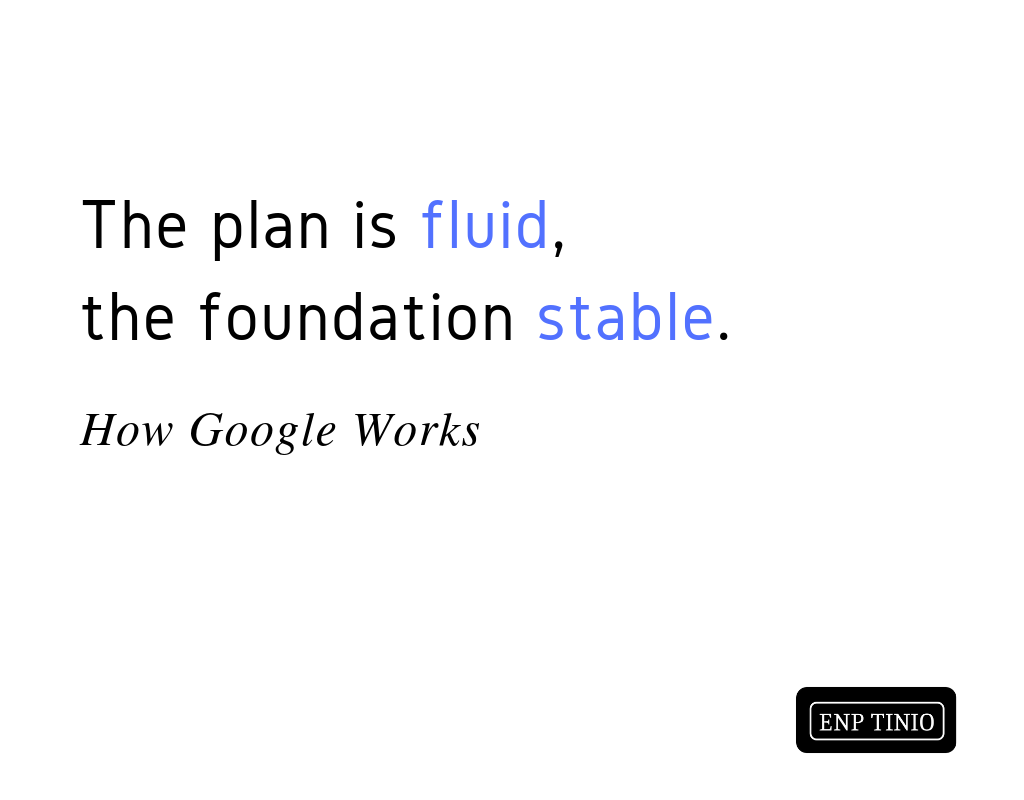Do exams raise your stress levels?
Increased stress levels while reviewing for exams is common and understandable.
Here are 6 tips for lessening the stress that reviewing for exams give you.
Introduction
I myself took a monumental board exam in 2018.
I have dreamed of becoming an environmental planner since my third year in college. To achieve this, I needed to take a board exam.
Sure, I was a University Professor in 2018. But my degrees were only allied courses of urban planning.
Most of the questions in the Environmental Planning Board Exam are about urban planning itself.
Thankfully, I passed the Board Exam by the grace of God!
And I am proud to say that I did it without being too stressed in my review sessions.
And though a little stress is good for motivation, high levels of stress can limit the success of your review sessions.
With less stress, you can focus more and worry less!
You can follow these 6 steps so you can self review for exams with less stress!
Change your mindset!
Failing the exam is not the end of the road.
One of the biggest challenges of reviewing for exams is studying in spite of the uncertainty of passing.
The broader the exam, the higher the uncertainty.
For classroom exams, you can bet that you will be tested for the material that your professor covered.
For entrance exams, you can limit your review scope to the subject areas that you took all the way to that point.
For board exams, the challenge multiplies by ten-fold!
However, like any challenge in life, there is always another path!
There are multiple avenues to success!

Putting much pressure on yourself may lead to more problems. You may be damaging your physical, emotional, and mental well-being.
As one of my professors said about my master’s thesis defense, “It’s just a phase.”
Exams are part of the process of learning, but they are not the ends of learning.
How to change your mindset for less stressful review sessions?
Have faith!
Faith is the first characteristic of a successful self-reviewer.
Believe that you will pass! Put your faith on a reliable side.
Use this belief as a motivation for sustaining stress-free review sessions.
No, faith alone will not magically result to good exam scores!
But, with a “I will pass!” mindset, you can surely increase your opportunities for passing.
Create a flexible plan.
“If you fail to plan, you plan to fail.”
Spending the first 10 minutes of your review sessions planning will save you from hours of distraction and unproductivity.
You need to know your destination before you start running!
Read: 3 Key Questions for your Self Review
Beware, though, that you do not use planning as a procrastination crutch. You plan to review!
Sure, after a week, you can tweak your review plan with how the reality played out.
Do not fall into the perfectionist trap!

Being flexible means being forgiving of interruptions.
Interruptions are a part of reality.
Accept interruptions but do your best to avoid these.
Wake up early to maximize the silence of the morning, but once your household is awake, let it be.
An hour of review is better than nothing.
Related Articles:
Designate a space for your review sessions.
One of the ways to avoid interruptions is to physically remove yourself from distractive environments.
In my experience, this means compartmentalizing my review sessions in a designated space for a designated time.
How to choose a review space?
I believe there are two essentials of a designated review space: minimal distractions and role specificity.
Ideally, you control the noise levels and foot traffic in your designated review space.
A good review space is not the busiest part of your house – it is the lamest!
When you study in your designated review space, the “funnest” thing to do is to study, looking forward to getting your rewards!
Some examples of designated review spaces in a typical studio apartment:
- A study table facing the wall
- Your kitchen counter
- A corner on the floor where you can face a large wall
- A chair facing a large wall
- A large wall
Any space can become a designated review space if you can minimize the distractions.
Buy your office supplies from Shopee!
And a wall with a whiteboard is an easy choice!
Also, unplug all entertainment devices and put your phone out of sight.
Put a sign to tell your household that you are on focus time. You can put headphones on!

Your consistent use of the designated review space will train you to associate review sessions with that space.
You will form habits the way of Ivan Pavlov.
When you sit there, your mind will always whisper, “Time to study!”
Another challenge in review sessions is starting.
Read: This Technique will Jumpstart your Successful Self-Review!
That is why I recommend that you designate a review space that is always accessible during your review sessions.
Your study table should ideally be exclusive for studying.
Refrain from using it as a seat when you play games or sleep, so you strengthen the place association.
This is the whole rationale for libraries and coffee shops.
Libraries are for reading books and concentrated study.
Coffee shops are where you buy expensive coffee study in aromatic and ambient spaces 😉 .
Walls, for example, will definitely be available for you anytime.
So start putting-up printed review materials on your own corner of the wall!
Remember: out of sight, out of mind!
Follow Me!
Choose a dull time for review sessions.
Do not let your review sessions make you a loner!
When everyone else is playing games, do not hunch over your corner and face your wall…
Join them!
No question that review sessions should be times of focus.
So, schedule your review sessions when everyone else is busy with their own thing.
- Early in the morning is good because everyone else is busy sleeping.
- After lunchtime is also good because everyone else is taking a nap.
- Just after dinner is not ideal because everyone is telling their stories about the day.
Whatever time you plan your review sessions, try to consider your most productive hours.
When I was reviewing for the Board Exam, I tried to put in at least two hours daily at night.
This was not late at night, but as my wife is cleaning up our dinner and getting ready for bed.
We had talked already before and during dinner, so I do not feel guilty spending time reviewing while she is also busy.
Of course, if you are living with fellow examinees, your review sessions can continue all day.
They should not!
Set boundaries for bedtime and scheduled breaks.
There are more important things in life!

Take descriptive notes.
My number one tip: Stop highlighting everything!
Your review sessions are successful when you can apply what you have studied to real-life examples.
This is critical in Richard Feynman’s technique for studying more effectively..
The practice of taking descriptive notes has a scientific foundation in memory retention and learning.
By taking descriptive notes, you can interconnect concepts and principles in your existing structure of knowledge.
How did I take descriptive notes?
Of the many popular methods for taking notes, I used the Cornell Method for the first time I read concepts and principles.
I also used mindmaps and diagrams to visualize the relationships between different concepts and principles.
Most of all, I used the most accessible system of note-taking: pen and paper!
I also incorporated the indexing system of the Bullet Journal Technique so I can locate the references of these concepts and principles easier.
I also relied on Evernote’s organization system for easier retireval.
Establish a reward system
What do you want to do instead of reviewing for the exams?
Do you wish you were just scrolling endlessly on social media, liking the photos of your crush from three years ago?
Are you thinking about finishing that tub of ice cream on the freezer?
Or are you excited to know what happens on the next chapter of that book are reading?
Use these as inspiration and establish a reward system!
Tell yourself: I will do one of those on my long Pomodoro break!
Treat every review session like a stage in Super Mario! Beat that level and get closer to the princess!
Conclusion
Reviewing for exams can be as stress-free as you want it to be.
With the right mindset, flexible plan, and satisfying rewards, you can enjoy this often-dreaded activity.
Above all, know that passing exams is just one part of life.
Do not let your review sessions take over more important things in your life!
What makes you stressed during review sessions?
Comment your top reasons for stress in review sessions!
Read: Top 10 Stress Management Techniques for Students

